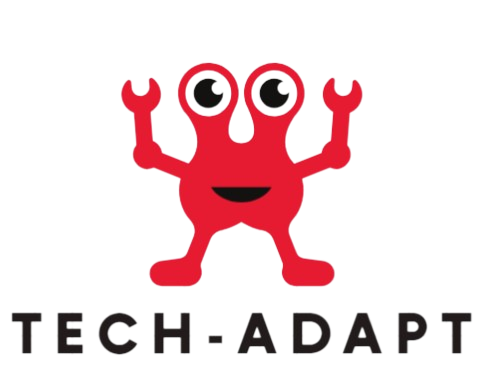Introduction
Welcome to our blog series dedicated to exploring the transformative impact of artificial intelligence (AI) in healthcare. In this series, we will delve into the myriad applications of AI across various facets of healthcare, including diagnosis, treatment, and patient care. Join us as we unravel the potential of AI to revolutionize the way we approach healthcare delivery and improve patient outcomes.
Understanding AI in Healthcare
Artificial intelligence encompasses a wide range of technologies that enable machines to perform tasks that traditionally require human intelligence. In the context of healthcare, AI algorithms can analyze vast amounts of medical data, identify patterns, and make predictions with a level of accuracy and efficiency that surpasses human capabilities. From image recognition to natural language processing, AI is transforming every aspect of healthcare delivery, offering new insights and opportunities for innovation.

Diagnosis: Enhancing Accuracy and Efficiency
One of the most promising applications of AI in healthcare is in the field of diagnosis. AI-powered diagnostic tools can analyze medical images, such as X-rays, MRIs, and CT scans, to detect abnormalities and assist healthcare providers in making accurate diagnoses. By leveraging machine learning algorithms trained on large datasets of medical images, AI can help radiologists and other clinicians identify signs of disease earlier and with greater precision. This not only improves patient outcomes but also streamlines the diagnostic process, reducing wait times and healthcare costs.
Treatment: Personalizing Care and Improving Outcomes
In addition to diagnosis, AI is also revolutionizing treatment approaches in healthcare. AI algorithms can analyze patient data, including medical history, genetic information, and treatment responses, to develop personalized treatment plans tailored to individual patients. This allows healthcare providers to deliver more targeted and effective interventions, optimizing outcomes while minimizing side effects and complications. Furthermore, AI-powered predictive analytics can forecast disease progression and treatment response, enabling proactive and preventive care strategies that improve long-term health outcomes.
Patient Care: Empowering Providers and Enhancing Engagement
Beyond diagnosis and treatment, AI is also transforming patient care delivery and management. Virtual health assistants powered by AI can provide patients with personalized health recommendations, answer medical queries, and assist with medication management. Additionally, AI-powered chatbots and virtual nurses can triage patient inquiries, schedule appointments, and provide round-the-clock support, improving access to care and enhancing patient satisfaction. Moreover, AI-driven predictive analytics can identify patients at high risk of adverse outcomes, allowing healthcare providers to intervene early and prevent avoidable hospitalizations or complications.
Challenges and Opportunities
While the potential of AI in healthcare is vast, it is not without its challenges. Concerns around data privacy, security, and algorithm bias must be addressed to ensure the responsible and ethical use of AI in healthcare. Additionally, the integration of AI into existing healthcare systems requires significant investment in infrastructure, training, and workforce development. However, despite these challenges, the opportunities presented by AI in healthcare are immense. By harnessing the power of AI, we can revolutionize healthcare delivery, improve patient outcomes, and transform the future of medicine.
Conclusion
In conclusion, artificial intelligence is poised to revolutionize healthcare delivery in unprecedented ways. From diagnosis and treatment to patient care and management, AI offers new opportunities for innovation and improvement across every aspect of healthcare. As we continue to explore the potential of AI in healthcare, it is essential to prioritize ethical considerations, promote transparency, and ensure that AI technologies are deployed responsibly and equitably. Together, let us embark on this journey to harness the power of AI and transform the future of healthcare for the better.


